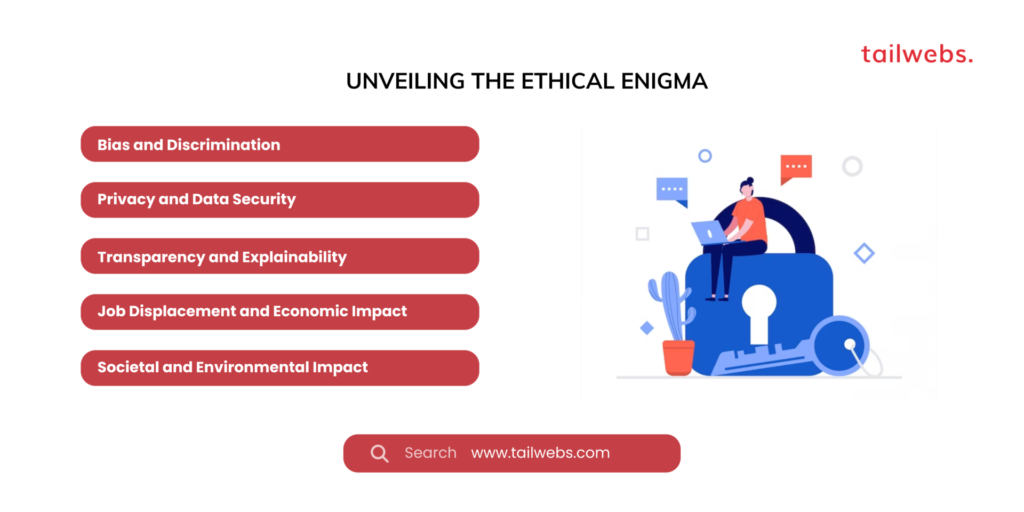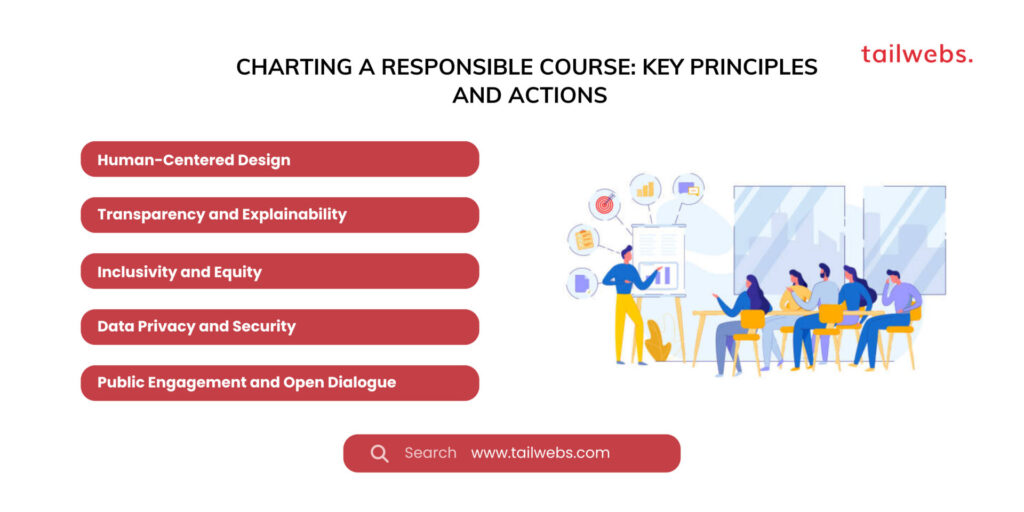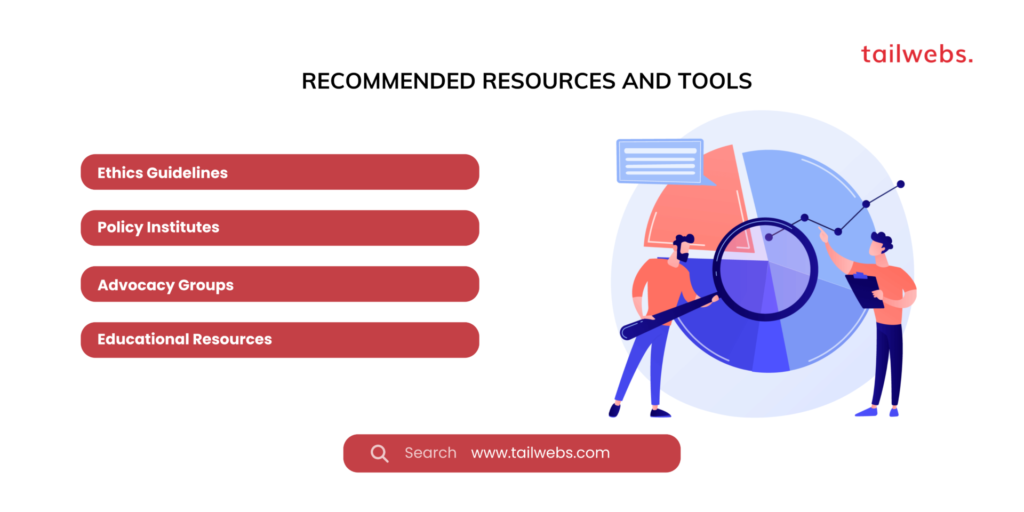The Ethics of Emerging Technologies: Navigating the Crossroads of Innovation and Responsibility
As technology evolves at an unprecedented pace, so do the ethical questions surrounding its development and deployment. From artificial intelligence (AI) and gene editing to autonomous vehicles and social media algorithms, a plethora of emerging technologies present both incredible opportunities and potential pitfalls. In this critical juncture, navigating the intersection of innovation and responsibility becomes paramount. Let’s embark on a journey to explore the ethical landscape of emerging technologies, highlighting key considerations and paving the way for responsible development and deployment.
Unveiling the Ethical Enigma:
Bias and Discrimination:
Algorithmic bias can perpetuate societal inequalities, leading to discriminatory outcomes in areas like loan approvals, hiring decisions, and criminal justice.
Privacy and Data Security:
Expanding data collection raises concerns about individual privacy, surveillance, and potential misuse of personal information.
Transparency and Explainability:
Lack of transparency in AI decision-making processes can erode trust and hinder accountability.
Job Displacement and Economic Impact:
Automation driven by AI and robotics could lead to job losses and require upskilling and reskilling initiatives.
Societal and Environmental Impact:
Careful consideration is needed to ensure emerging technologies benefit society as a whole and minimize negative environmental consequences.

Stats Highlighting the Crossroads:
- 83% of global consumers are concerned about companies using their data without permission. (PwC, 2023 Global Consumer Insights Survey)
- 73% of AI experts believe AI poses a potential threat to humanity if not developed responsibly. (Pew Research Center, 2023)
- The potential global economic impact of responsible AI development is estimated at $15.7 trillion by 2030. (McKinsey Global Institute, 2020)
Charting a Responsible Course: Key Principles and Actions:
Human-Centered Design:
Prioritize human values, well-being, and agency in technology development and deployment.
Transparency and Explainability:
Ensure transparency in algorithms and decision-making processes to build trust and accountability.
Inclusivity and Equity:
Design and implement technology in a way that benefits all members of society and avoids exacerbating existing inequalities.
Data Privacy and Security:
Implement robust data security measures and empower individuals with control over their personal information.
Public Engagement and Open Dialogue:
Foster ongoing dialogue with diverse stakeholders to inform responsible development and address ethical concerns.

Recommended Resources and Tools:
- Ethics Guidelines: World Economic Forum Global AI Ethics Framework, Montreal Declaration for Responsible AI
- Policy Institutes: Berkman Klein Center for Internet & Society, Center for Security and Emerging Technology
- Advocacy Groups: Electronic Frontier Foundation, Future of Life Institute
- Educational Resources: UNESCO AI Ethics Guidelines, Coursera AI for Everyone Specialization

Building a More Ethical Future: Conclusion
While navigating the ethical landscape of emerging technologies poses challenges, it also presents an opportunity to shape a future where technology serves humanity in a responsible and beneficial way. By adhering to ethical principles, fostering open dialogue, and prioritizing human well-being, we can ensure that emerging technologies unlock their potential for good, building a more just, equitable, and sustainable future for all.
Conclusion: Orchestrating a Symphony of Responsibility
The ethical landscape of emerging technologies is not a static terrain, but a dynamic melody that requires constant harmonization. As new advancements emerge, we must adapt our approach, refine our principles, and ensure the ethical symphony continues to resonate with the values we hold dear.
Remember, the power of emerging technologies lies not just in their potential, but in our ability to guide their development and deployment ethically. By actively engaging in this conversation, upholding essential principles, and collaborating across sectors and disciplines, we can ensure that the music of innovation plays a beautiful and harmonious song, enriching our lives while safeguarding our humanity and building a future filled with progress, equity, and shared prosperity.




